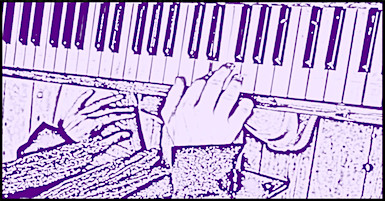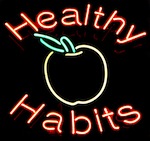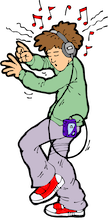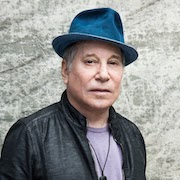At some point, just about every songwriter comes down with a case of songwriter burnout. Stressing over your writing (or lack of writing), unable to finish songs, dissatisfied with everything you write, losing touch with your creativity, feeling uninspired—these are all symptoms of songwriter burnout. You just feel like you’re so done with it all.

Next thing you know it’s weeks or months and you haven’t written anything since you can’t remember when. Your creative muscles are sagging, your inspiration has gone to sleep, and it seems like too much trouble to start it all up again… and do you really want to anyway? That’s a serious case of Songwriter Burnout.






